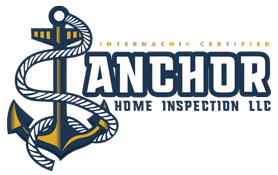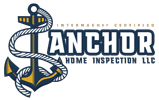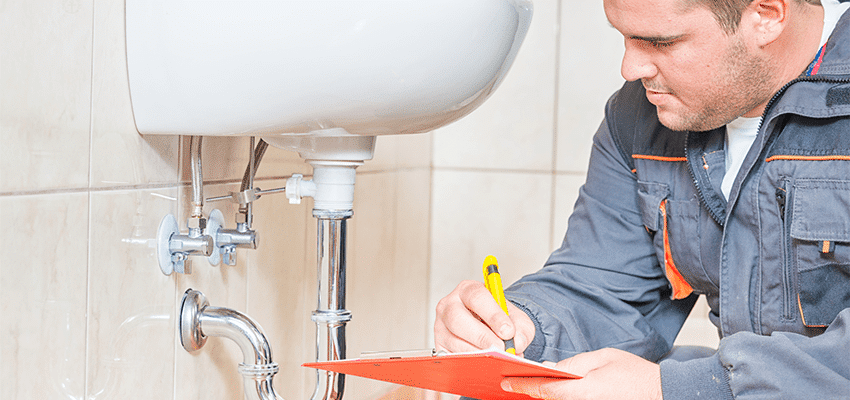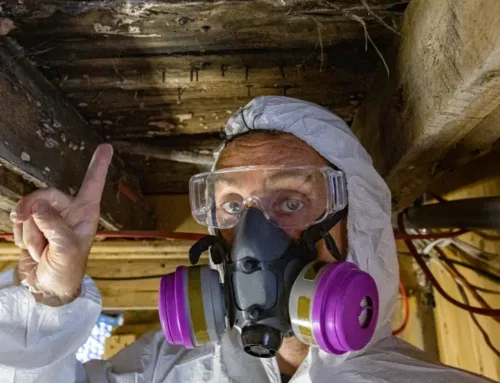A well-functioning plumbing system is fundamental to a comfortable and functional home. Regular plumbing inspections are essential to ensure that your water systems are operating efficiently and to detect any potential issues before they escalate into major problems. This blog will discuss the importance of plumbing inspections and provide guidelines for assessing your home’s water systems.
Why Regular Plumbing Inspections Matter
1. Preventing Water Damage
Undetected leaks or faulty plumbing components can lead to water damage, affecting your walls, floors, and even your home’s foundation. Regular inspections help catch these issues early on.
2. Maintaining Water Quality
Monitoring your plumbing system ensures that the water flowing through your taps is clean and safe. Inspections help identify and address issues that may compromise water quality.
3. Saving on Costs
Identifying and repairing minor plumbing issues early can save you from costly repairs and replacements down the line. Timely maintenance is often more affordable than dealing with major plumbing emergencies.
Steps to Assess Your Home’s Water Systems
1. Check for Leaks
Inspect all visible pipes, faucets, and fixtures for any signs of leaks. Look for water stains, dampness, or pooling water, and promptly address any issues.
2. Test Water Pressure
Ensure that water pressure is consistent and adequate throughout your home. Inconsistent water pressure may indicate blockages or other plumbing problems.
3. Inspect Drains and Sewers
Regularly check drains for slow drainage or foul odors, which may indicate clogs or sewer line issues. If you notice persistent problems, seek professional assistance.
4. Examine Water Heater
Check for any leaks around your water heater and ensure it is functioning correctly. A well-maintained water heater is crucial for providing hot water efficiently.
5. Evaluate Toilet Functionality
Check for any signs of leaks around the base of toilets and ensure they flush properly. Leaks or flush issues should be addressed promptly to prevent water wastage.
6. Assess Water Quality
Regularly assess the taste, odor, and color of your tap water. Any significant changes may indicate issues with your plumbing or water supply.
When to Seek Professional Help
While regular self-inspections are essential, certain plumbing tasks require the expertise of a professional plumber:
- Complex Repairs: Any major repairs or replacements should be handled by a licensed plumber to ensure safety and quality work.
- Sewer Line Issues: If you suspect problems with your sewer line, it’s best to call a professional inspector to conduct a thorough inspection and make necessary repairs.
- Gas Line Issues: Never attempt to repair gas lines on your own. Contact a professional plumber to handle gas line inspections and repairs.
Final Thoughts
Regular plumbing inspections are a proactive approach to maintaining the functionality and efficiency of your home’s water systems. By identifying and addressing plumbing issues in a timely manner, you can prevent water damage, maintain water quality, and save on repair costs. Don’t hesitate to seek professional assistance when needed, to ensure the safety and integrity of your plumbing system.
Ready to assess and improve your home’s water systems with a plumbing inspection? Contact Anchor Home Inspection and ensure plumbing excellence today!









